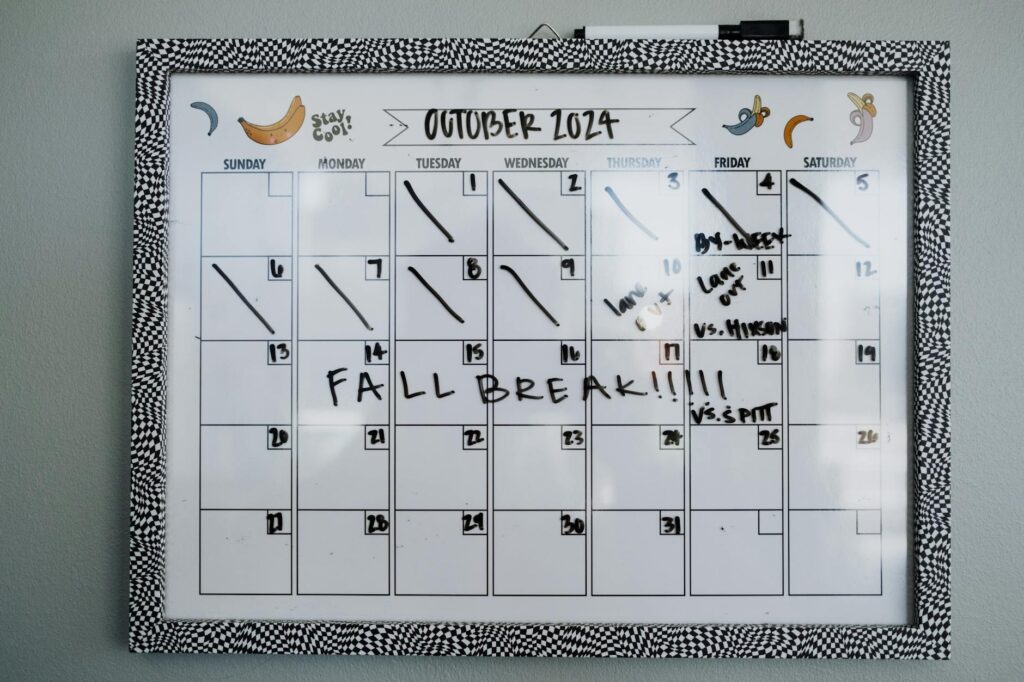What is breaks importance?

What is breaks importance?
In our fast-paced world, the relentless push to maximize productivity can often lead us to overlook one key element of success: the importance of breaks. Many of us tend to think that working longer hours equates to better results. However, research suggests that taking regular breaks can actually enhance focus, boost creativity, and improve overall performance. Let’s explore the significance of breaks in both work and personal development.
Understanding Breaks Importance
Breaks refer to intentional pauses in our work or study schedules where we step away from tasks to refresh our minds. These moments of rest are not merely an escape from work; they serve a vital role in maintaining our psychological and physiological well-being. Research indicates that regular breaks can significantly improve our cognitive functions, allowing us to return to tasks with renewed energy and focus.
The Science Behind Breaks
The relationship between breaks and brain function is well-documented. Studies show that our brains operate on cycles known as Ultradian Rhythms, which are 90 to 120-minute cycles of activity followed by periods of rest. When we work continuously without breaks, our cognitive abilities diminish, leading to decreased productivity and focus. Research found that even short breaks can enhance our performance and productivity when we return to work. When we allow ourselves to pause, we give our brains the chance to reset and recharge.
Different Types of Breaks
Not all breaks are created equal. Understanding the various types of breaks can help you choose the right ones for your routine:
- Short Breaks: Lasting a few minutes, these include stretching, walking, or simply stepping away from your desk. They help clear your mind and alleviate tension.
- Long Breaks: Typically lasting from 15 to 60 minutes, these breaks allow for a more substantial refresh, perhaps through lunch or a leisurely walk outside.
- Active Breaks: Engaging in physical activity during breaks can invigorate both body and mind. This could involve a quick workout, yoga, or even a brisk walk.
- Social Breaks: Interacting with colleagues or friends can lift your spirits and provide new perspectives, enhancing creativity and reducing stress.
Benefits of Incorporating Breaks
Integrating regular breaks into your daily routine offers several compelling advantages.
Improved Concentration and Focus
Taking breaks can refresh your mind and lead to improved concentration. When you step away from your work, you allow your brain to recuperate, which enhances your ability to focus on tasks when you return. This leads to higher productivity and efficiency in your work.
Creativity Boost
Have you ever noticed that some of your best ideas come while you’re doing something unrelated to your work? Stepping away from a task can stimulate creative problem-solving. When your mind isn’t focused on a problem, it often generates innovative solutions. Research supports this notion, showing that breaks can significantly enhance creative thinking and idea generation.
Reducing Burnout and Stress
Regular breaks are crucial in mitigating stress levels and preventing burnout. Continuous work without rest can lead to feelings of exhaustion and overwhelm. By scheduling regular breaks, you can maintain a healthier work-life balance, allowing for time to recharge and reflect. According to studies, breaks can help reduce or prevent stress, keeping you engaged and motivated throughout the day.
Implementing Breaks Effectively
Knowing the importance of breaks is one thing; implementing them effectively is another. Here are some practical tips to integrate breaks into your routine.
Break Techniques and Strategies
Utilizing techniques like the Pomodoro Technique can help you structure your work and break periods efficiently. This method involves working for 25 minutes, followed by a 5-minute break. After completing four cycles, take a longer break of 15-30 minutes. This rhythm can help maintain your productivity while ensuring you take necessary pauses. You can also explore time-blocking methods that prioritize breaks, ensuring you make time for them in your schedule.
Setting Boundaries for Breaks
It’s essential to set clear boundaries regarding when to take breaks and when to focus on work. This creates a structured environment where breaks are respected rather than seen as distractions. You might consider turning off notifications during your work periods and setting specific times for your breaks. This practice not only enhances your ability to concentrate but also ensures that your break time is truly restorative.
Conclusion and Call to Action
In conclusion, the importance of breaks cannot be overstated. They are integral to maintaining productivity, boosting creativity, and fostering a healthier work environment. By incorporating regular breaks into your daily routine, you can enhance your focus and performance while preventing burnout.
I encourage you to reevaluate your work habits. Consider implementing structured breaks today and observe the positive changes in your productivity and well-being. Remember, taking a step back can often lead to a giant leap forward.

Photo by Kelly